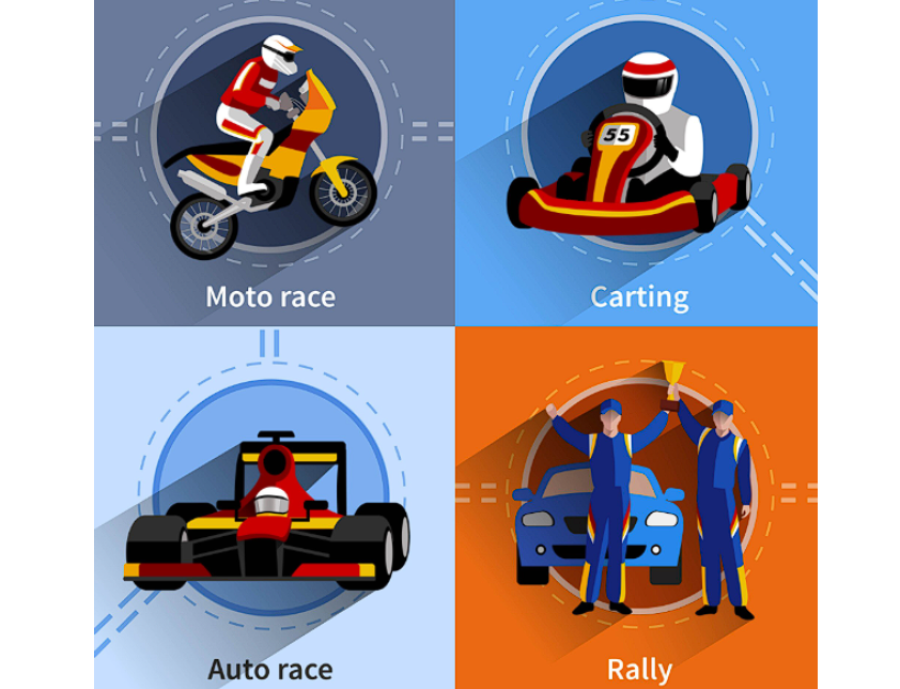Sports fandom transcends national boundaries, fostering a shared global identity through collective engagement with athletic achievement, which is often achieved through digital platforms in the form of a betting site in india, for instance. This essay contends that fandom, rooted in universal values such as unity and fairness, cultivates transnational cohesion, surpassing the limitations of traditional affiliations. It also examines this phenomenon through the lens of globalization, drawing on trends like global sports merchandise markets. Designed for accessibility, the article avoids specific events or individuals, arguing that sports create a collective narrative that redefines identity, offering a framework for understanding cultural connectivity in an intricately woven globalized world.
Fairness as a Universal Connector
Fandom emphasizes fairness, as supporters globally acknowledge athletes’ dedication, irrespective of origin. This shared appreciation for merit reflects ethical principles that resonate across cultures, contrasting with divisive political or economic frameworks. The expansion of online fan communities, where individuals exchange praise for athletic performance, underscores this dynamic. Though competitive tensions may occasionally surface, the prevailing pattern of mutual respect prevails, positioning sports as a vehicle for cross-cultural understanding. By valuing effort over national allegiance, fandom constructs a global identity grounded in equitable recognition, bridging divides that other social structures often reinforce.
Shared Emotional Resonance
Sports generate a universal emotional resonance, uniting fans through moments of collective joy. A dramatic athletic feat elicits reactions that cross linguistic and cultural barriers, creating a shared experiential space. Unlike policy-driven initiatives that may alienate, fandom’s emotional appeal fosters inclusivity, echoing humanistic values of communal celebration. The global accessibility of sports through digital platforms amplifies this connectivity, enabling fans to share reactions instantaneously. While localized affiliations persist, the trend toward globalized sports consumption indicates fandom’s capacity to unify, shaping an identity that prioritizes shared humanity over fragmented national narratives.
Constructing a Global Cultural Narrative
Fandom constructs a global cultural narrative, as supporters worldwide engage in rituals—purchasing merchandise, discussing outcomes—that form a collective identity. These practices, unlike exclusive national traditions, invite participation from all, creating a borderless cultural framework. The rise of international sports marketing, with brands fostering global fanbases, reflects this shift toward a unified narrative. While some contend that cultural specificity retains precedence, the increasing homogenization of fan practices suggests sports are redefining identity as a global construct, encouraging individuals to see themselves as part of a broader, interconnected community.
Addressing Competitive Tensions
Fandom is not without friction; intense rivalries can mirror nationalistic divides, potentially undermining unity. To sustain its integrative potential, fans must prioritize respect, ensuring sports remain a constructive force. Sporadic conflicts within fan communities, visible in online disputes, highlight the need for moderation. Unlike structured diplomatic efforts, fandom’s emotional intensity requires careful stewardship to maintain cohesion. By fostering civility, sports can uphold their role in global identity formation, balancing competitive passion with a commitment to shared values, a dynamic critical to their transnational impact.
Toward a Unified Global Identity
Sports fandom redefines global identity by uniting individuals through collective engagement, fairness, emotional resonance, and shared cultural narratives. These dynamics, surpassing the constraints of national affiliations, align with universal values of unity and respect. Challenges, such as competitive tensions, necessitate mindful participation, yet fandom’s integrative potential remains robust. As global sports consumption expands, individuals are invited to engage—purchase merchandise, join online discussions, and experience transnational connectivity. Rooted in humanity’s competitive spirit, fandom offers a model for global cohesion, illustrating how shared passion can redefine cultural identity in an interconnected world.









